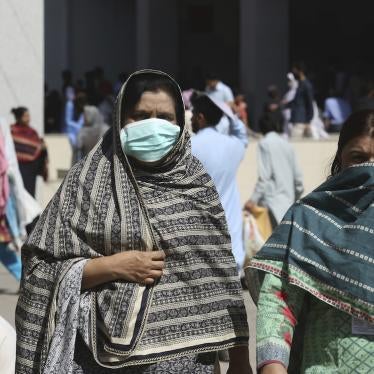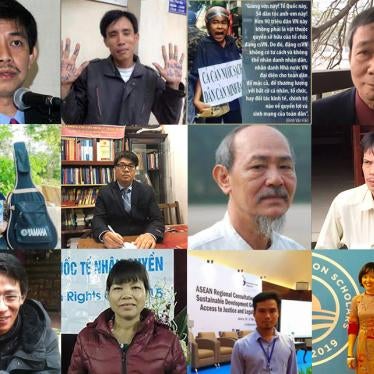The National People's Congress closed its session this month by ratifying a constitutional amendment promising "to protect and safeguard human rights".
But consider these ironies: Article 35 of China's constitution already guarantees the rights to "freedom of speech, of the press, assembly, of association, of procession and of demonstration". But in practice, people who exercise these rights - even those who use them to advocate for a stronger constitution - are routinely censored or jailed.
They are, it turns out, even more likely to be silenced in the weeks leading up to the meeting of the NPC, the very body responsible for overseeing implementation of the constitution.
Amendments to the mainland's constitution mean little until the government passes legislation that establishes clear standards. In blunt terms, amendments are public relations for the current leaders. The committee that drew up the constitutional amendment acknowledged that a key purpose of such adjustments is to "mobilise [the] enthusiasm of the people".
So far, the government has shown little inclination to implement the basic rights that are already promised in the constitution, even as a domestic, internet-based movement is growing to push for stronger protections of those rights. Using bulletin boards on popular sites such as sina.com and sohu.com, tens of thousands of citizens have shared individual testimonies and expressed outrage about problems like police abuse, official corruption, housing rights and the lack of rule of law.
In some cases, senior scholars and legal experts have taken up these causes, writing letters to the government recommending reforms. A few of these e-uprisings have succeeded, finally giving some voice to China's masses on the workings of their government. The most significant case has been that of Sun Zhigang, a migrant worker beaten to death in police custody last April while detained for failing to carry a temporary residence permit.
An explosion of anonymous internet protests followed, including an eloquent memorial page to Sun entitled, "Heaven does not require temporary residence permits". It carried images of flowers, flickering candles and outraged e-mails calling for justice and democracy.
A group of respected legal scholars took up Sun's case, writing an open letter to the government to abolish temporary residence permits. The government did so. The Sun case created a new model for 21st-century social justice movements in China. A subsequent internet movement, begun by anonymous bulletin board posts and taken up by legal experts, has succeeded in obtaining some legal reforms that may help to protect the rights of evicted tenants.
But China remains a land of arbitrariness, where a critic never quite knows what is permissible and what will lead to detention. The government continues to censor many internet pages that raise rights issues. It also jails advocates.
Liu Jincheng, a housing rights activist in Hangzhou, believed local regulations were in conflict with provisions in the constitution that protected his property. Mr Liu and his neighbours took the seemingly non-subversive step of painting the words "Protect the Constitution" on their clothes and then marched to the city government offices - where Mr Liu was promptly arrested for demonstrating.
Popular writer Du Daobin posted a series of internet essays criticising the mainland government's efforts to push an unpopular state subversion law on Hong Kong, arguing that the law would restrict the right to freedom of expression as guaranteed in China's constitution. After protests in Hong Kong, the government backed down on the law but jailed Du on, ironically, charges of state subversion. In February Wang Yi, a constitutional scholar, wrote an eloquent petition on behalf of Du, pointing out these ironies and calling for repeal of the state subversion clause in China's criminal law.
He argued that the state subversion law under which Du was jailed violates Article 35 of China's constitution, as well as international human rights law. Hundreds of legal experts, officials, and activists from around the country signed on. As the NPC approached, the central government announced expanded internet controls that effectively shut down political debate such as this.
Now the NPC has ratified an amendment promising to respect and safeguard human rights. The constitution already does that, but those in power have shown little inclination to respect and safeguard the constitution. The amendment is certainly a welcome step.
But what Chinese citizens such as Wang, Du, Liu and others need most is a national law that defines those rights in accordance with international standards, a reform of Chinese laws that violate human rights standards, and a national-level body that supervises enforcement of those principles.
Now that would truly be revolutionary.
--
Sara Davis is China researcher for Human Rights Watch.







